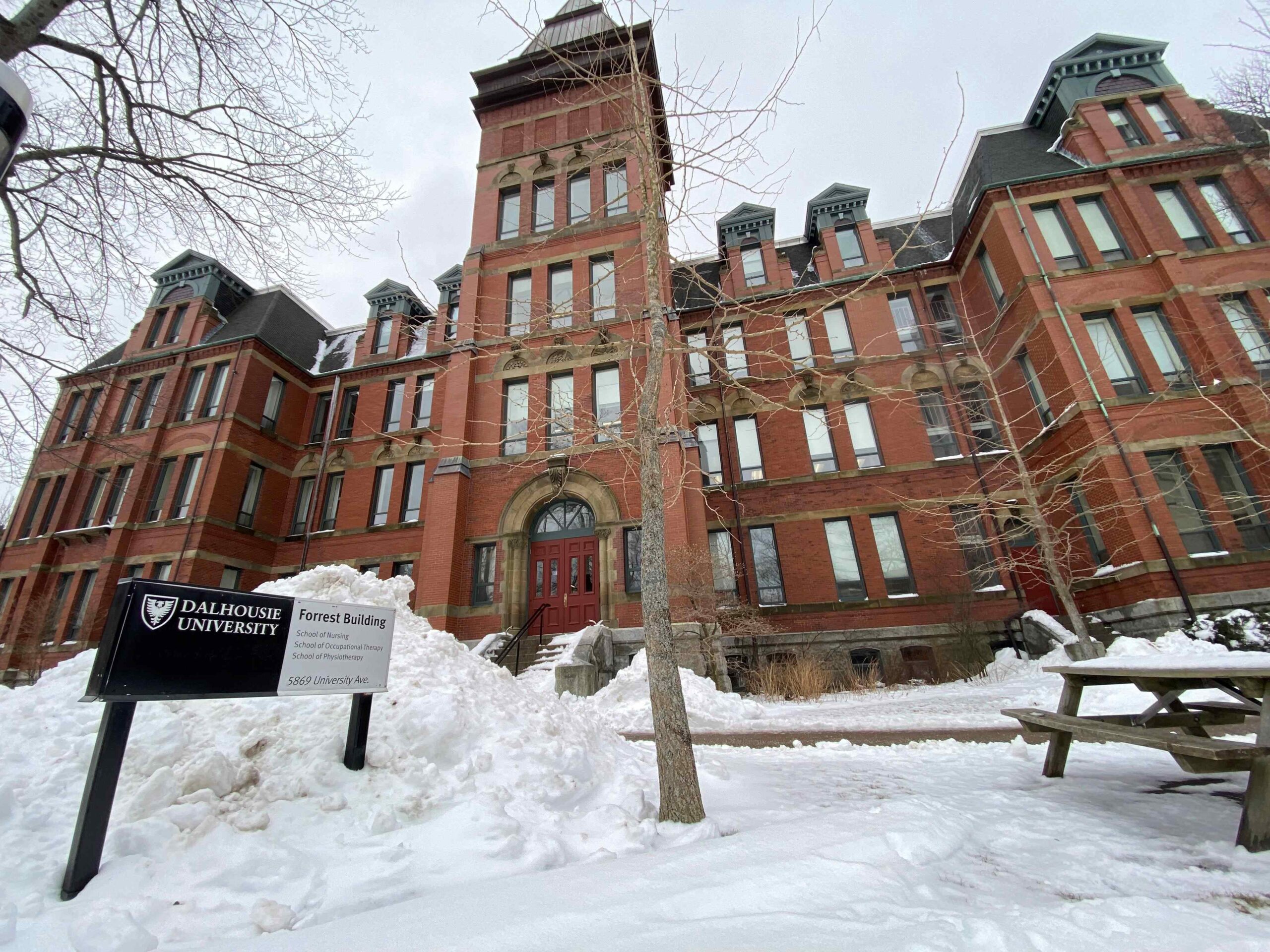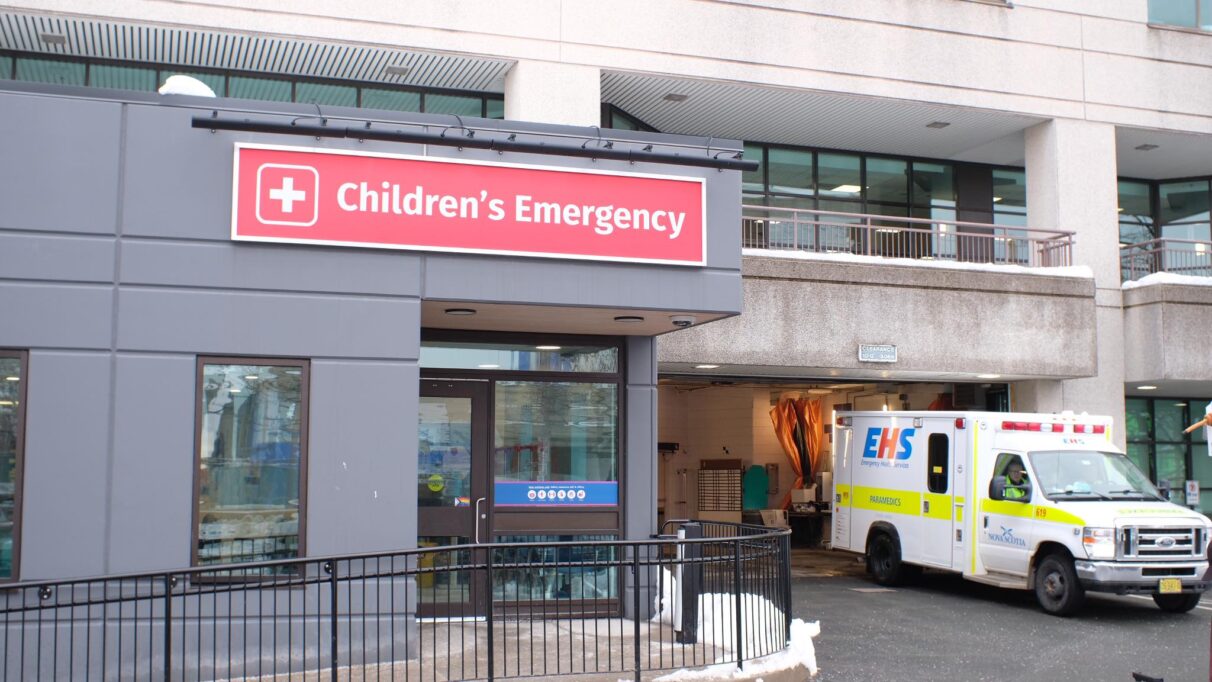New nursing program focused on mental health, addictions ‘a game changer’
Registered nurses can return to school in September to advance knowledge of specialized treatments

caption
Dalhousie's nursing school is opening 22 spots for a new masters program in mental health and addictions.A new master’s program in nursing at Dalhousie University will provide advanced mental health and addictions training for registered nurses.
The program will be the first of its kind in Atlantic Canada, offering 22 registered nurses the chance to take on advanced practice nursing roles that would help fill the gaps in Nova Scotia’s mental health and addictions care.
“I’m super passionate and super excited about this program,” Stephanie Williams said. She is a registered nurse working in the emergency mental health department at the IWK, where about 44,000 children and youth per year receive services such as crisis stabilization and safety planning.

caption
The IWK’s emergency mental health department provides services to about 44,000 children and youth per year.“I’ve got these kids coming in in distressing crisis that just aren’t getting the supports they need,” Williams said.
According to the Department of Health’s website, 90 per cent of children and adolescents in need of urgent mental health and addictions care wait seven days for an appointment at the IWK after being referred. Most then wait another 15 days before receiving treatment.

caption
This table demonstrates wait times for emergency mental health services in Nova Scotia.Williams applied for the new master’s program at Dalhousie as she feels her undergraduate degree didn’t prepare her with the tools to work effectively in mental health and addictions. While registered nurses can provide counselling, this master’s degree would mean she could offer such services as psychotherapy as an advanced practice nurse.
Williams also hopes that undergraduate programs will do more to prepare registered nurses to work with mental health and addictions.
“There’s so many things that we’re on the cusp of being able to do,” she says about herself and fellow nurses. Registered nurses often encounter patients struggling with mental health and addictions, so she says they need to be better equipped to help.
“Give me … the lived experience … let me connect with these people so I can understand,” she said.
Professor Ruth Martin-Misener, director of the nursing school at Dalhousie, said the university has been working with provincial and industry partners since 2018 to build the new Master of Nursing, Advanced Practice, Mental Health and Addictions program.
“The need for the program is just as strong now … probably stronger than in 2018.”
She said the province proposed this program at a time when depression and anxiety rates were high — rates, she said, that were determined prior to the pandemic.
“There was a recognition … of a gap between the needs of the population and the workforce,” she said. According to the Canadian Institute for Health Information’s Health Workforce quick stats, there were about 9,543 registered nurses in Nova Scotia in 2021.
Martin-Misener said advanced practice nurses can help fill this gap with treatments such as cognitive behavioural therapy or family therapies. They can also work in a variety of settings such as hospitals or community health centres.
Martin-Misener said the program will also help recruit and retain nurses. She said research shows advanced practice nurses “create a space where nurses can learn and practise to their maximum scope of practice, and work with nurses to understand what their goals are,” creating a more engaging and satisfying work environment.
In his 2021 mandate letter, Brian Comer, the province’s Minister of Addictions and Mental Health, was tasked with “fixing healthcare.” Among other priorities, the province’s action plan for health care calls for the recruitment of mental health professionals and the proper distribution of addiction services across the province.
Dalhousie’s new program, Comer said in an interview, will improve access to mental health and addiction services.
“I think it’s … about time, to be frank,” he said.
Stephanie Williams says the program could be the start of something new for the country. Advanced nursing programs that focus on mental health and addictions are difficult to find, she said. Addictions especially are “just kind of on the outskirts” of a lot of the training she’s come across.
Brandon University in Manitoba offers a master of psychiatric nursing, but Williams said the program requires a thesis which she can’t accommodate as a full-time nurse. Dalhousie’s program will not require a thesis, and will also give virtual and part-time options.
“Changes are happening,” she said, “I really do think it will be a game changer.”
Martin-Misener said there has been huge interest in the program, with application submissions closing on April 1.
About the author
Andie Mollins
Andie is from Shediac, a small but lively beach town in New Brunswick. She studied history and sociology at the University of New Brunswick and...
